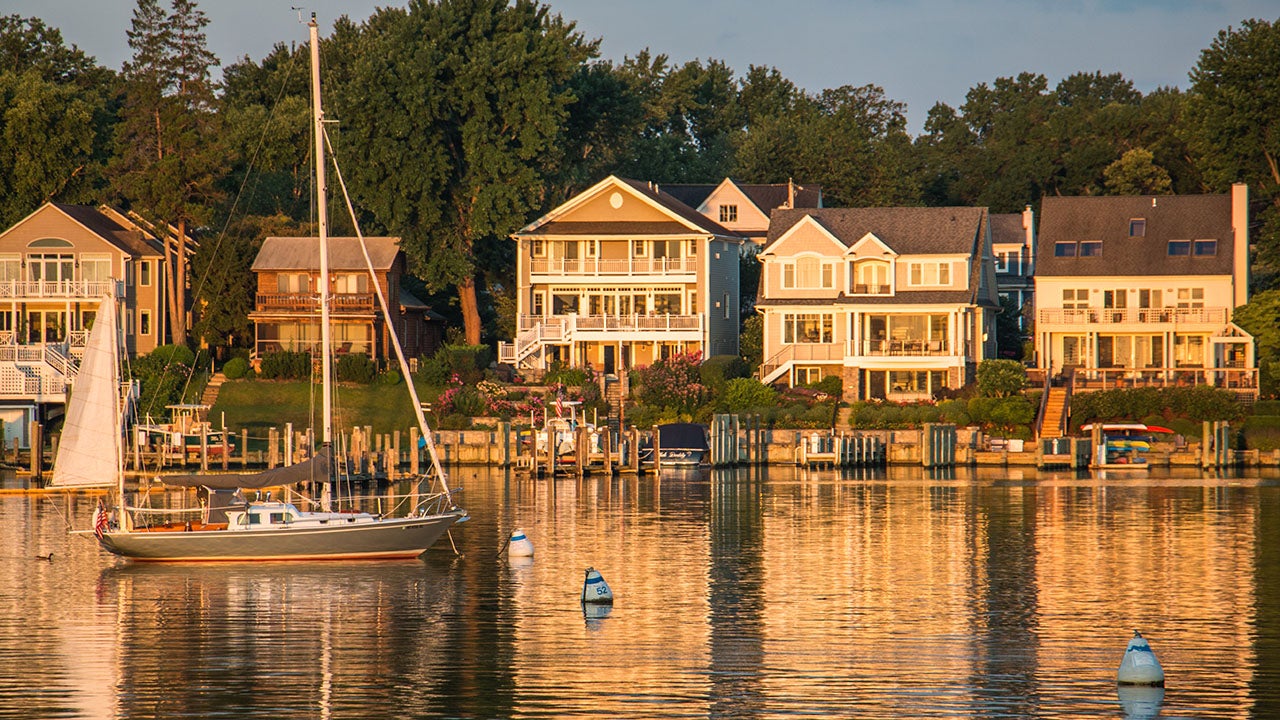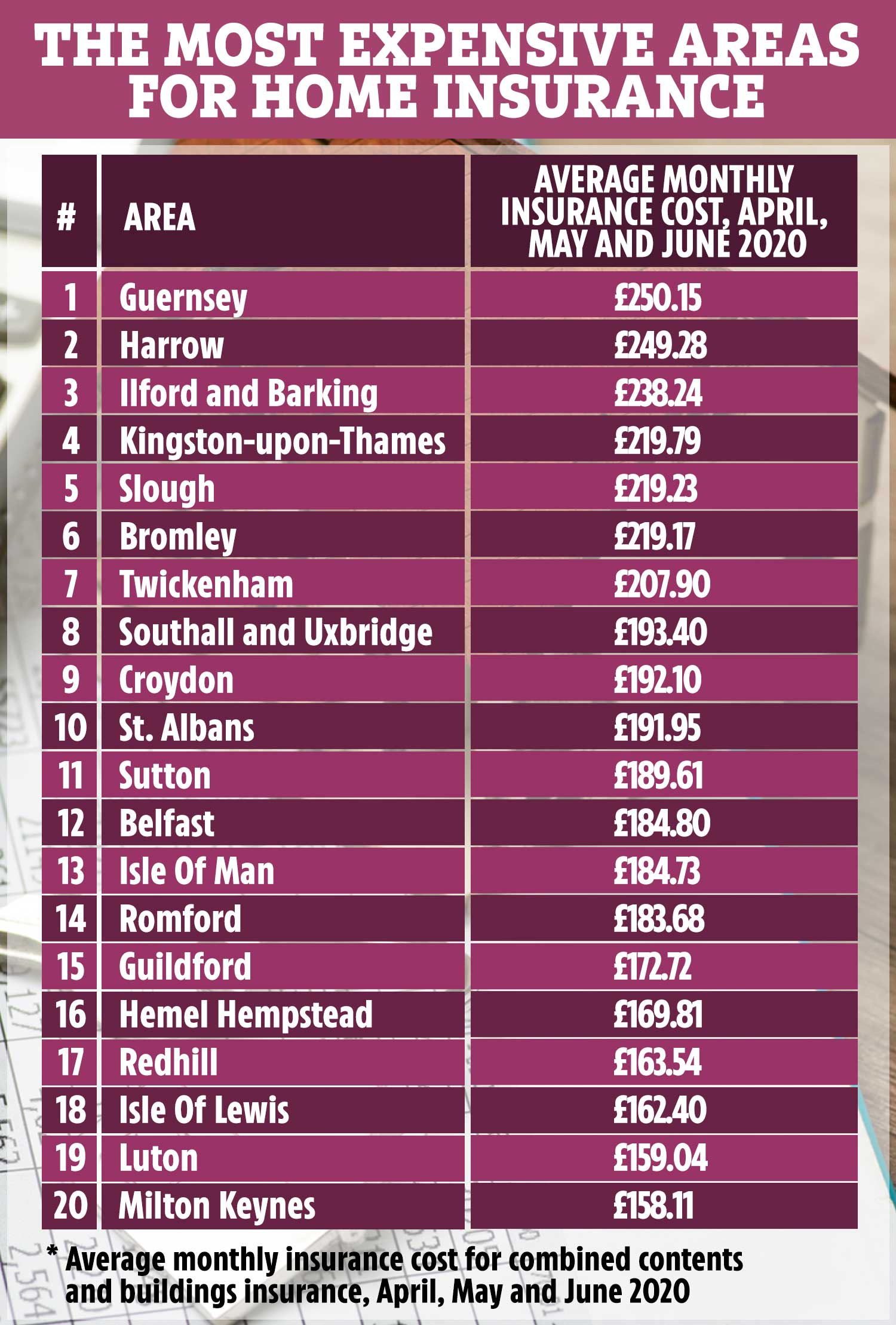
Coops insurance is a form of homeowner insurance that's specifically tailored to people who live in co-op or condo buildings. This type differs from traditional homeowner policies because the condo or building you live in is owned and managed by a corporation.
A typical cooperative is composed of individual shares and units. A building owner buys shares and then leases these to unit owners.
The corporation also purchases a master policy that covers the building and its common areas. These policies include property and liability coverage that protects the corporation from losses.
Each unit owner must purchase a separate policy in addition to the master insurance policy. It's difficult to understand, and it is important to have an agent that can explain the insurance system.

Find out whether your condo or co-op is in an area of high-risk. New York City's buildings are not unusual to have flood insurance.
You should also ask about earthquake and water back-up coverage, which can help cover loss due to floods or backed up drains. The extra cost is worth it because these types of risks don't come with a standard homeowners policy.
It is also a smart idea to purchase a home office insurance policy which covers your equipment as well as your workstations. This is especially true if it's your job that allows you to earn income from home.
Homeowners in co-ops can purchase umbrella liability coverage, which provides a lot of liability protection under one policy. This is especially useful if you own expensive equipment and can't afford to be without it if it's damaged or stolen.
You can avoid a lot of hassle and stress if you need to file a co-op claim. The policy can cover items like furniture and kitchen appliances as well as your liability for any injuries you cause to others while on the premises.

USAA offers a quote on co-op insurance. USAA offers excellent customer service, and they can help you get a good deal on the best policy for your needs.
Compare the co-op policies and prices of several companies when you are shopping around for one. This will help you find the lowest rate. You should look at each company's Better Business Bureau rating and consider what other customers have said about their experience with them.
The cost of co-op policies is generally determined by the location of the building. Co-ops in urban areas can be much more expensive than those in suburban areas. However, you can expect to pay about the same for co-op coverage as for a standard homeowners policy.